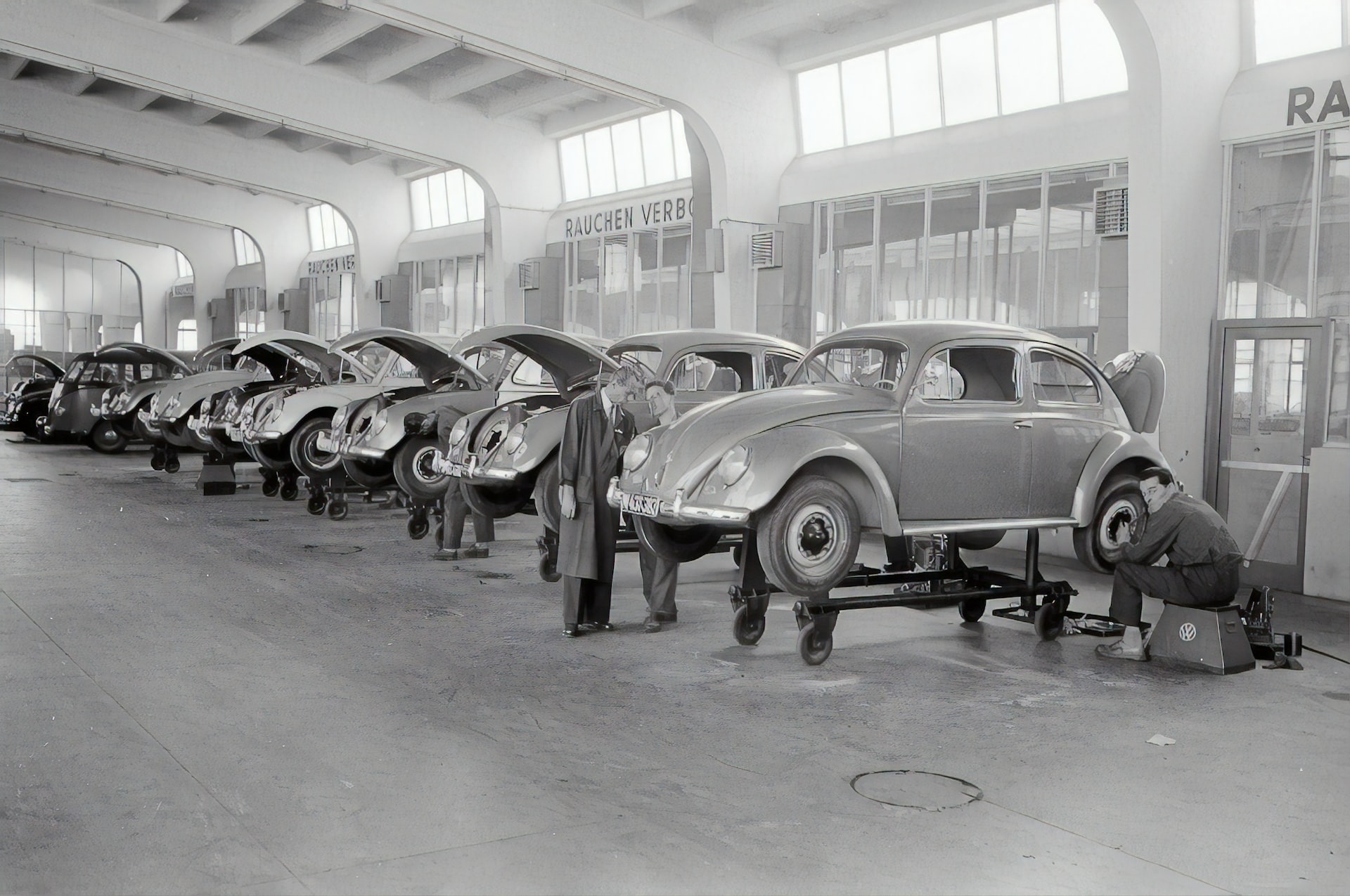A Just Transition in the European Automotive Sector: A CEE Angle

Share this Post
In-light of the increasingly dire warnings issued by the IPCC, it has become clear to many that there is a need to move societies toward low carbon practices in order to avoid even worse ramifications of climate change. A key sector that global society has to decarbonise is transportation, which, according to the IEA, accounts for 8.5 gigatons of carbon-dioxide emissions globally – just over a quarter of the total. Nearly half of these emissions originate from passenger vehicles.The sheer scale of the global vehicle fleet makes its decarbonisation a strenuous effort, but its complexity is compounded when one considers the ramifications of a shift to electric vehicles (EVs). A key consideration is the impact that EVs will have on employment. Not only are EVs less labour-intensive, but manufacturing them also requires different skills from workers. Considering this in policies is essential in order to execute a just transition.
Forces to decarbonise transportation have unfolded on multiple-scales: global, continental and regional. 191 of the 197 UN Parties have ratified the Paris Agreement, underscoring their ambitions to decarbonise. This political commitment has further propelled the transition of personal vehicles to EVs.There is also a global geo-economic race unfolding to capture these markets between companies primarily headquartered in China, France, Germany, Japan, South Korea and the USA.
A political shift has also emerged in Europe, as the European Commission introduced increasingly ambitious policies – recently articulated in the Fit for 55 goals. These new policies provide a force for change, leading French, German, and other automotive manufacturers to develop and market low carbon vehicles. Global competition and climate goals have led to a rising number of companies to committo stop producing vehicles with internal combustion engines and shift their interests to investing in EVs entirely.
These two intertwined forces – climate policy and global competition – are reconfiguring the automotive sector and thereby its value chains. One region that is set to be greatly impacted by the shift is Central and Eastern Europe (CEE), where production halls typically cater to the needs of Western European companies. Countries that have a rich history in manufacturing vehicles and their components, such as Czechia, Hungary, and Slovakia have become integral to the operations of the German original equipment manufacturers (OEMs) following the regime shift in the early-1990s and their accession to the EU in 2004.
The CEE’s role in the value chain of the German OEMs does not seem to be jeopardised, given their proximity and the convenience of the EU’s single market. The issue is that the structural changes in drivetrain production and its impact on value chains will impact employment. Currently, the automotive sector in the CEE offers relatively attractive jobs within the regions in which they operate. EVs are, however, less labour-intensive than their internal combustion engine (ICE) counterparts, which when combined with further technological advances in manufacturing (e.g. artificial intelligence), can jeopardise many people’s jobs.
CEE countries have recently begun to brace themselves for these changes. Governments have channeled a significant amount of support to increase the competitiveness and the value added by local companies.Their objective is to boost research and developmental (R&D) activities. In principle, this offers an opening for the CEE region to make strides, but their outlooks are bleak, since companies along the value chain have been slow to adapt to an evolving environment and German companies have kept their high value by adding (e.g. design and product development) activities at home.
The bottom line is that employees of the automotive sector need to be constantly learning new skills. It is questionable how they will be able to adapt, as older generations with lower qualifications are especially at risk of losing their jobs and not being able to find alternatives. Their positions are worsened by relatively low unionisation rates and the continuous weakening of labour protection laws in a “race to the bottom”. Those who offer the expertise in high demand jobs (e.g. electrical engineers, electricians, etc.) are likely to find new, relatively well-paying positions in the EV value chain with ease, even if this may mean shifting one’s activities downstream to similarly well-paying jobs but possibly less rewarding jobs.
Governments have continued to show their support for the automotive industry. They seek to attract further investments where they now require plants to produce EVs (e.g. BMW in Hungary) and lure companies that play an integral role in the EV value chain. CEE governments have taken extensive measures to have – overwhelmingly Asian – battery manufacturers establish their operations in the region and offer jobs that are integral to the transition. While these jobs offer relatively decent salaries, the working conditions and the job security are not on par with many unionised positions that they substitute.
The case of the European automotive sector underscores what policy-makers claim to already know: we are in need of a just and inclusive transition. It is essential to launch a dialogue and introduce policy measures that compensate workers and allow for them to move to alternative jobs in a dignified manner. This, yet again, shows that the transition, while driven by economic competition, has yet to be rebalanced with adequate social policies at a regional and national level.
————————————————————————————————————————————————–
This commentary is published in the framework of the European-Israeli Forum for Environment and Sustainability, a joint initiative by the Israel Public Policy Institute (IPPI) and the Heinrich Böll Stiftung Tel Aviv.
The opinions expressed in this text are solely that of the author/s and do not necessarily reflect the views of the Israel Public Policy Institute (IPPI) and/or the Heinrich Böll Stiftung Tel Aviv.
Share this Post

Battling Misinformation with Science
Authors: Markus Weisskopf and Rebecca Winkels Lessons from Promoting Science Communication to Fight Misinformation in Germany The COVID-19…

The Transition to Electric Vehicles in Israel
An electric vehicle (EV) operates on electricity, unlike its counterpart, which runs on fossil fuel. Instead of an…

What is deplatformization and how does it work?
Platforms and the AI used on them to curate information feeds have significant impact on the public sphere.…
